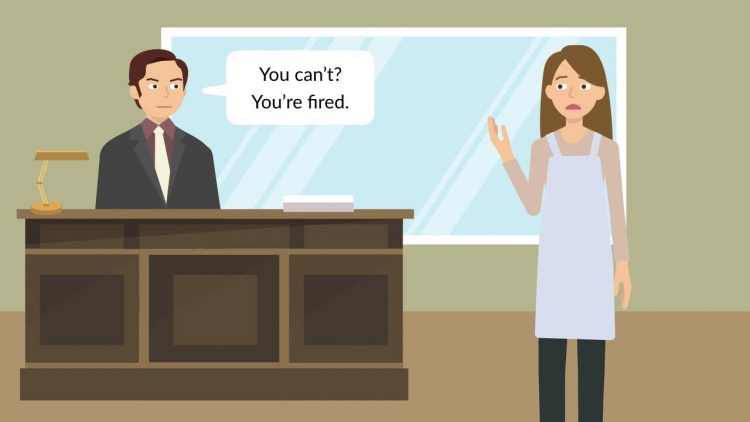Sherbert v. Verner
United States Supreme Court
374 U.S. 398 (1963)
- Written by Megan Petersen, JD
Facts
Adell Sherbert (plaintiff) was a member of the Seventh-Day Adventist Church. Sherbert’s employer fired her because she would not work on Saturday, the Sabbath day of her faith. Sherbert looked for other work, but she could not find another job because she refused to take a position that would require her to work on Saturdays. Sherbert filed for unemployment compensation under the South Carolina Unemployment Compensation Act. Verner (defendant), an official of the Employment Security Commission, denied her claim for benefits because she had failed, without good cause, to accept suitable work when it was offered to her. The denial of Sherbert’s unemployment claim was affirmed by a state trial court and the state supreme court. Although Sherbert claimed that the denial of unemployment benefits violated her right to the free exercise of her religion, the state supreme court held that Sherbert’s inability to obtain benefits did not violate her constitutional rights because South Carolina’s unemployment statute did not place any restrictions on Sherbert’s freedom of religion or prevent her from freely observing her religious beliefs. Sherbert appealed to the United States Supreme Court.
Rule of Law
Issue
Holding and Reasoning (Brennan, J.)
Concurrence (Stewart, J.)
Dissent (Harlan, J.)
What to do next…
Here's why 904,000 law students have relied on our case briefs:
- Written by law professors and practitioners, not other law students. 47,100 briefs, keyed to 995 casebooks. Top-notch customer support.
- The right amount of information, includes the facts, issues, rule of law, holding and reasoning, and any concurrences and dissents.
- Access in your classes, works on your mobile and tablet. Massive library of related video lessons and high quality multiple-choice questions.
- Easy to use, uniform format for every case brief. Written in plain English, not in legalese. Our briefs summarize and simplify; they don’t just repeat the court’s language.





